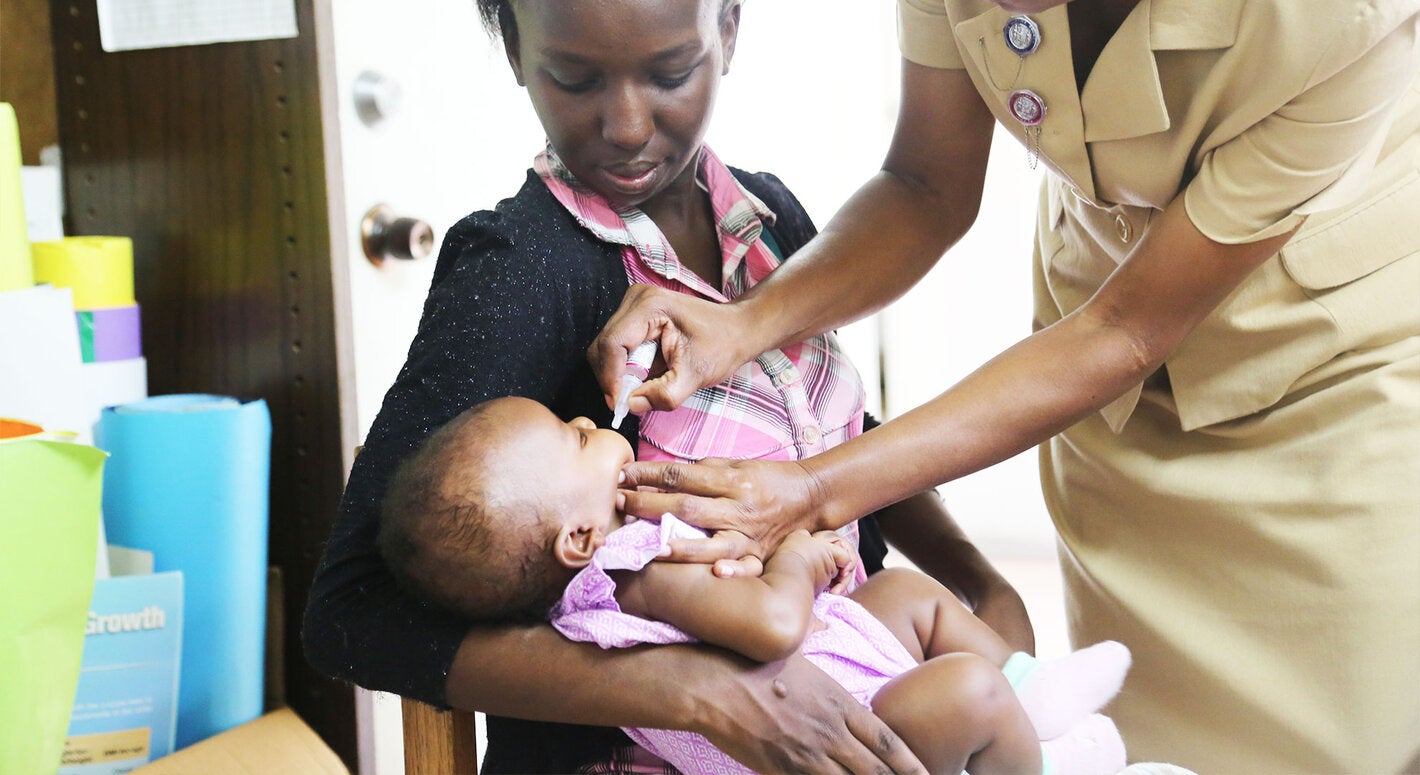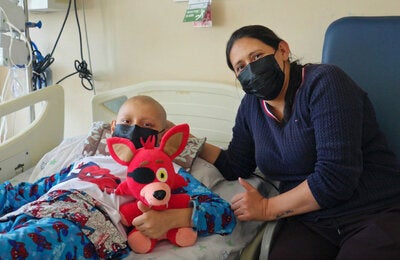
Geneva, May 5, 2014 - The Director-General of the World Health Organization, Dr. Margaret Chan, has declared that the spread of wild poliovirus to three countries is an 'extraordinary event' and a public health emergency of international concern due to the public health risk to other countries. The declaration came after consultation with an Emergency Committee convened under the International Health Regulations, because a coordinated international response is essential to prevent the further spread of polio in the high-transmission season. If unchecked, this situation could result in failure of the plan to eradicate polio, one of the world's most serious vaccine preventable diseases.
 Currently 10 countries have active wild poliovirus outbreaks that could spread to other countries through the movement of people. From January to April this year, the low-transmission season for polio, the virus has been carried to three countries: in central Asia (from Pakistan to Afghanistan), in the Middle East (Syria to Iraq) and in Central Africa (Cameroon to Equatorial Guinea).
Currently 10 countries have active wild poliovirus outbreaks that could spread to other countries through the movement of people. From January to April this year, the low-transmission season for polio, the virus has been carried to three countries: in central Asia (from Pakistan to Afghanistan), in the Middle East (Syria to Iraq) and in Central Africa (Cameroon to Equatorial Guinea).
Polio was eradicated from the Americas in 1994, and other regions have also stopped its transmission. The recent spread has raised concern because on other fronts the polio eradication endgame is making progress: a major source of wild poliovirus, India, has stopped transmission and in 2012, international spread was virtually stopped.
WHO recommends that countries now exporting or infected with wild poliovirus ensure that residents and long-term visitors receive a dose of polio vaccine, either OPV or IPV, 4 weeks to 12 months prior to international travel, and ensure that travelers who receive such vaccination have an appropriate document to record their polio vaccination status. Pakistan, Cameroon, and the Syrian Arab Republic pose the greatest risk of further wild poliovirus exportations in 2014.
For more information:



